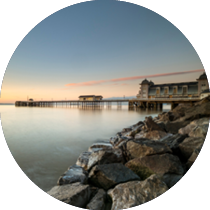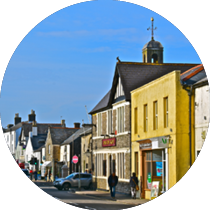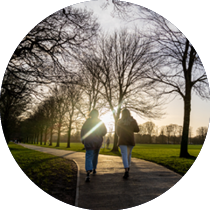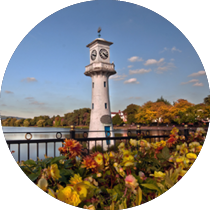An Alternative Approach to Nutrition and Medicine

Words by PV Nutrition Influencer Angharad EvansÂ
I ventured to the world of alternative medicine with nothing bar hope and determination. This was one journey out of my comfort zone I’m glad I took!
So what makes alternative medicine different from what we know as Western medicine? Here I attempt to explain the difference – and I stress the word difference since not one approach is inferior nor superior to the other – especially when considering emergency and surgery procedures.
Systems of healing exist all over the world. They differ from one another yet are all united in their difference to Western medicine.
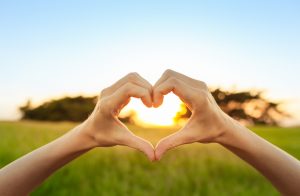
We all have the experience of having a 10-minute slot at a GPs surgery and more often than not, leaving with a prescription which will treat the symptom of the presenting problem. I’m sure we have all been relieved to secure an appointment to see a specialist: a cardiologist for heart-related issues, a dermatologist for the skin, a neurologist for disorders of the nervous system, rheumatologist for matters concerning bones, joints and muscles. Western medicine is focused on compartmentalising the patient’s body and disease. However, this is where the difference lies between Western and alternative medicine. Alternative medicine centres on the whole person: mind, body and spirit and the balance that flows between each.

‘Let food by the medicine, and medicine by the food’ Hippocrates
Hippocrates was the founder of Greek medicine called Physic meaning nature (which dominated Western medicine for 2 thousand years) The principle of Physic was to maintain health and prevent ill-health through a clear understanding of the whole person; their diet, exercise, quality of sleep, the impact of their environment, their detoxification abilities and an understanding that any disturbances to any organ would have an impact throughout the whole body at some level.
It is these principles which now steer the theories of alternative practises today.
AYURVEDA
The 5000-year-old holistic system, Ayurveda, is not only a healing system but a way of life, and if you have travelled throughout India you will have seen numerous practitioners. Balance is key according to Ayurveda practices and if there are imbalance and disharmony in any part of your life then it can cause imbalances in your microbiome, your internal environment. Following this principle, Ayurveda looks to promote health, prevent ill-health and reverse disease through lifestyle, diet, yoga, breathing, meditation and herbs. It is a personalised and holistic approach to health.
Interestingly, science is beginning to prove many of the Ayurveda lifestyle recommendations – things which have been practised for thousands of years! Digestion is of greatest importance. The food we eat is the body’s main source of energy – without a working digestive system, the whole body suffers. There are many habits we can introduce to aid our digestive system: eat regular meals, eat your main meal before 2 pm, if you’re not hungry – don’t eat!, no snacking, eat light fresh meals, drink hot water & lemon on waking, drink herbal teas with warming herbs e.g. cinnamon, ginger, fennel, cayenne, black pepper, eat evening meal by 6.30pm, drinks should be consumed between meals with not too much being drunk before during and after meals.
I’m sure some of these habits are familiar to you? They’re all Ayurveda practises!
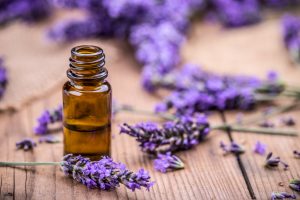
CHINESE MEDICINE
Chinese Medicine doesn’t separate the body and mind and treats the whole person. It believes that illness is due to Yin and Yang being out of balance. Yin and Yang are polar opposites yet are interdependent and transforming. If one is weak the other is strong, they balance each other and transform into each other. For example, if you feel hotter in temperature, or over-active – then it is likely you have become more Yang and are not held in-check by Yin. The balance needs to then be re-established: diet, herbal remedies, acupuncture, massage therapy, tai chi, Feng Shui, Qi Gong (breathing/movement exercises) are all options a practitioner can use.
There are very many aspects of Chinese Medicine that I find fascinating, some of which I incorporate into my therapy on a daily basis. When a client comes for their first appointment with me, I ask many questions whose answers can be revealing to what’s going on in that client’s body. I’m always interested in how well my clients sleep. Do they get an undisturbed night’s sleep? Is their sleep disturbed? Do they wake at the same time every night?
Energy runs through different meridians to different organs at different times of the day. As you can imagine, we’d be no good to anyone if all organs were to work at the same time! If there is a blockage in an organ, the energy cannot run through it, which may suggest a weakness in that very organ. Do you struggle to fall asleep or do you wake between 11pm-1am? This is the time where energy is directed to the gall bladder. The gall bladder is involved in the breakdown of fat – do you need to adjust your fat intake or change the type of fat you’re eating? The most common time to wake ie between 1am-3am – this is Liver Time! The liver has many functions, from digestion to detoxification. Consistently waking at this time may suggest that one of its functions is stressed or weak and needs attention.
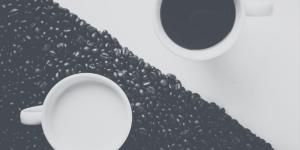
Another area which fascinates me is the Chinese Medicine approach to food as medicine. Many clients are disappointed and perplexed why I ask them to initially avoid oats in the diet. The common reason for this derives from Chinese Medicine. Certain foods create and hold on to damp in the body. Foods such as pork, milk, oats, sugar, tomatoes, yeast, beer, wheat, fruit juices all create or hold damp in the body. Is this an issue? It is if you suffer from brain fog, weight issues, have difficulty concentrating or feel lethargic since they’re common symptoms of having a damp constitution. The solution is to refrain from eating the foods which potentially create dampness but also it is possible to include ‘drying’ foods such as celery, radish, garlic, onion, spring onion, barley flour, rye, corn, grapefruit, green tea, marjoram, parsley, and oregano.
So many of these practices are thousands of years old. We dismiss at our peril!
My journey from ill-health to health from targeting a compartmentalised symptom to treating the whole body has been truly amazing!
If you’d like to find out more get on contact:
Angharad Evans Natural Therapy
E:Â angharad@angharadevans.cymru

